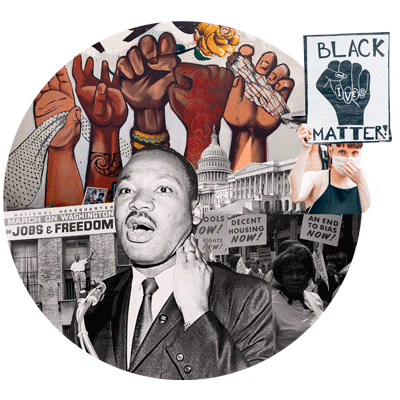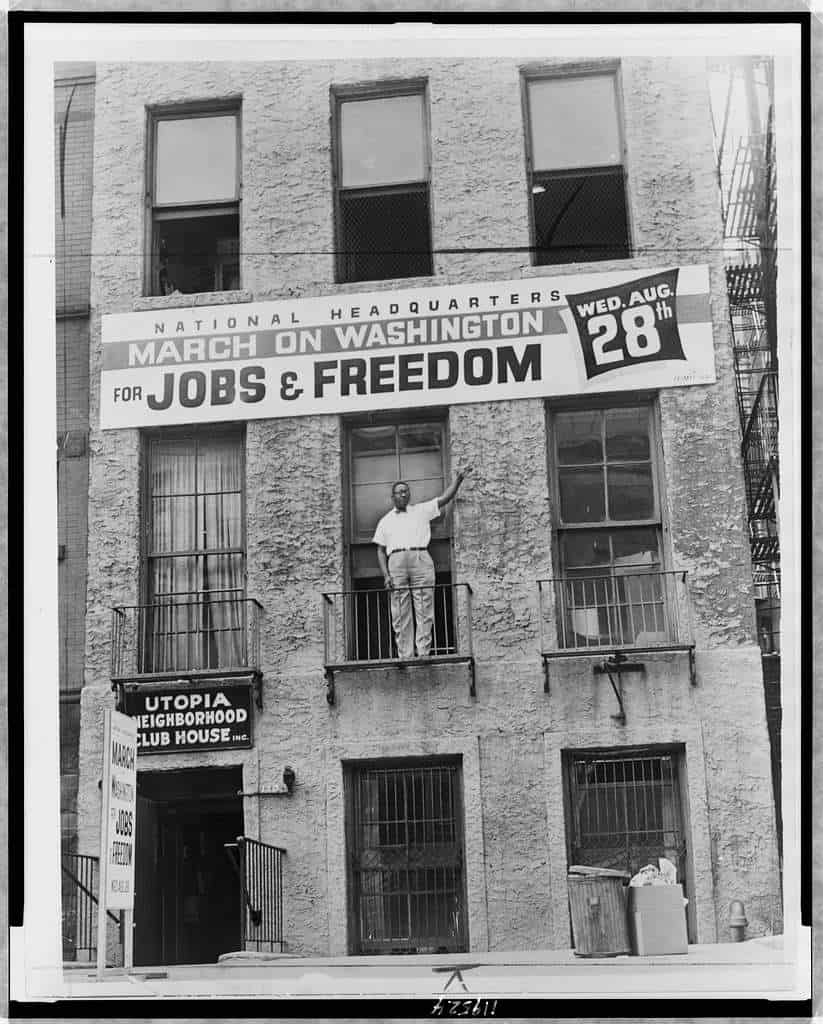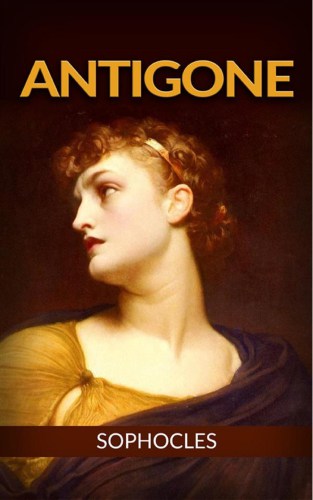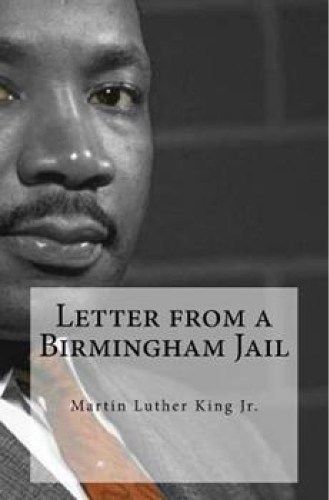One has not only a legal but a moral responsibility to obey just laws. Conversely, one has a moral responsibility to disobey unjust laws. I would agree with St. Augustine that an ‘unjust law is no law at all.
Martin Luther King, Jr.

Martin Luther King composed “Letter From a Birmingham Jail” in 1963 while in solitary confinement in a Birmingham prison.
He had been arrested for violating Alabama’s law against large public demonstrations. While in jail, several local religious leaders composed an open letter to King criticizing his leadership of the Birmingham Campaign, arguing that his approach was too drastic and ill timed. In response, King pens this letter advocating to the campaign and the importance and moral justification for disobeying unjust laws. The letter lays out the roles of non-violent campaigns for civil rights, his criticism of religious leadership and of moderate whites in the struggle for equality. He is adamant in the letter that there is no time to “wait” for civil rights.
Why This Text is Transformative?
...is it just to disobey an unjust law?
In addition to its transformative impact on the civil rights movement, King’s speech also grapples with a timeless human question: is it just to disobey an unjust law? How do you overcome and end oppression? What in fact is the difference between a just and an unjust law? Is it wrong to fight for what is right if you know it will lead to violence?
A Focused Selection
Study Questions

In the fourth paragraph of his letter, King writes, “Injustice anywhere is a threat to justice everywhere.” What does this mean? Do you think this is true? Why or why not?
When explaining non-violent protest, King writes, “Nonviolent direct action seeks to create such a crisis and foster such a tension that a community which has constantly refused to negotiate is forced to confront the issue. It seeks to dramatize the issue that can no longer be ignored.” How does a non-violent protest do this? What does he mean by dramatizing an issue that can no longer be ignored? Are there issues in today’s society, or tensions, that need to be dramatized, brought to light, and confronted?
King writes, “We know through painful experience that freedom is never voluntarily given by the oppressor; it must be demanded by the oppressed.” Why do you think this is? Can you think of historical examples of the oppressed demanding freedom? What does it tell us about human nature and the human condition?
In response to urging from religious leaders to wait for a better time to launch a protest, King reminds his audience that “justice too long delayed is justice denied.” What does this mean? Are there examples in today’s society of justice that has been delayed and therefore denied?
What criteria does King give for distinguishing a just law from an unjust law? Do you agree that it is our moral responsibility to disobey unjust laws? Are there laws in our world today that strike you as unjust?
In his criticism of moderate whites, King states, “Shallow understanding from people of good will is more frustrating than absolute misunderstanding from people of ill will. Lukewarm acceptance is much more bewildering than outright rejection.” What does this mean? Do you agree or disagree with what King is saying here? Can you give examples from your life or experiences that exemplify what King is saying here?
When King speaks of his disappointment in the church, he says, “There can be no deep disappointment where there is not deep love.” Do you think this is true? That disappointment is in some ways a sign of love? Are there aspects of our culture or society that you love but that disappoint you?
Building Bridges
A Recommended Pairing

The question of whether it is just to disobey an unjust law is also addressed in Sophocles’ Antigone. Antigone and King are both advocates of civil disobedience. It would be interesting for students to see how non-violent protest of unjust laws is handled centuries apart.

King also makes many references to St. Paul, Socrates, and Jesus in his letter. In what ways are these texts relevant to King’s letter? It would be useful to have students look at excerpts from these texts and reflect on why King is making references to them.
Supplemental Resources
MLK directed the peaceful march on Washington, D.C., of 250,000 people to whom he delivered his address, "l Have a Dream"
1967 MLK Interview on NBC 11 months before assassination
Behind Martin Luther King’s Searing 'Letter from Birmingham Jail'
The Martin Luther King, Jr. Research and Education Institute 'Letter from Birmingham Jail'
King Resources Overview, The King Institute provides access to thousands of documents, photographs, and publications
At the age of thirty-five, Martin Luther King, Jr., was the youngest man to have received the Nobel Peace Prize
Text Mapping
Discipline Mapping
English/Composition Studies
Humanities
Sociology
Philosophy & Religion
Page Contributor




